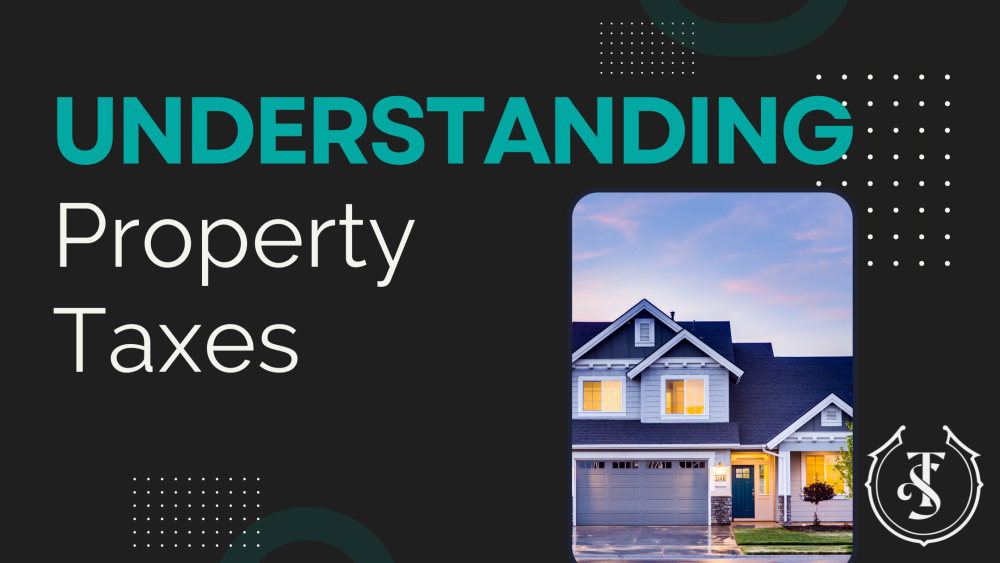Property taxes can be one of the most significant ongoing expenses for homeowners. Understanding how they are calculated and knowing strategies to manage them effectively can save you a substantial amount of money over time. In this article, we’ll break down the essentials of property taxes and provide you with actionable tips to handle this expense with confidence.
How Property Taxes Are Calculated
Property taxes are typically determined by local governments and are used to fund public services such as schools, road maintenance, and emergency services. The calculation generally involves two key components:
Assessed Value of Your Property:
This is an estimate of your property’s market value as determined by a public tax assessor. Factors influencing this value include the size of your property, its location, and any improvements made.
Tax Rate:
This is the percentage set by your local government and can vary significantly depending on your area. The tax rate is applied to the assessed value of your property to determine your annual property tax bill.
Formula: Property Tax = Assessed Value x Tax Rate
It’s important to note that property tax assessments can change annually based on market conditions and local government budget needs.
Strategies to Manage Property Tax Expenses:
While property taxes are a necessary expense, there are several strategies you can use to manage and potentially reduce them:
Understand Your Assessment:
Review your property assessment notice carefully. If you believe the assessed value is too high, you have the right to appeal. Make sure to gather evidence such as recent sale prices of similar properties in your area to support your case.
Apply for Exemptions:
Many jurisdictions offer property tax exemptions for certain homeowners. Common exemptions include those for senior citizens, veterans, and primary residences. Check with your local tax authority to see if you qualify for any exemptions.
Stay Informed About Tax Rates:
Keep an eye on local government budget meetings and decisions that may affect your property tax rate. Being informed allows you to anticipate and plan for any potential increases.
Make Energy-Efficient Improvements:
Some areas offer tax incentives for making energy-efficient upgrades to your home. These improvements can not only lower your utility bills but also reduce your property tax burden.
Manage Your Property Taxes Effectively – Learn How!
Managing property taxes doesn’t have to be daunting. By understanding how they are calculated and implementing smart strategies, you can take control of this expense and even find ways to reduce it.
Stay informed, stay proactive, and take charge of your property tax expenses.
-

